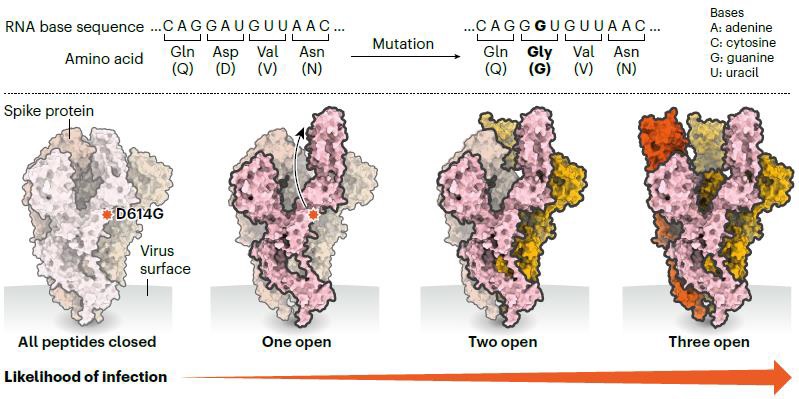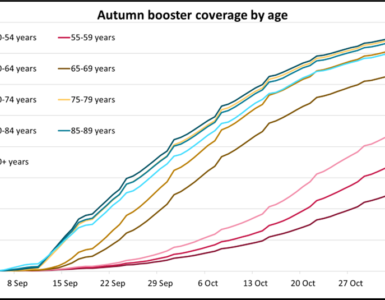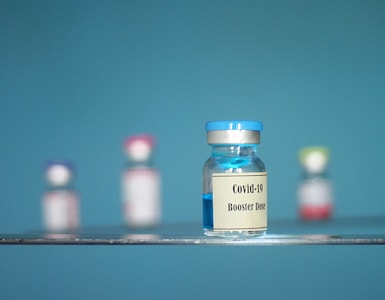Bulletin 70 | Dan Ryan
Mutation is key to evolution in a competitive environment, and this holds for the SARS-CoV2 virus just as it has done for our ancestors. Coronaviruses, unlike other RNA viruses, have a ‘proofreading mechanism’ to reduce errors during replication, and hence exhibit a lower rate of mutation. Data analysis so far shows mutations at around half the rate that we see for influenza. On the other hand, the prevalent strain of the coronavirus ‘today’ is a mutated form of what was the prevailing strain at the start of the year, so this is not a theoretical or laboratory concern.
The dynamics of natural selection for the coronavirus may alter with the advent of mass vaccination (hopefully next year), and new mutations may prove to have a selective advantage. The vaccines currently under testing target the distinctive ‘spike’ protein of the virus. Thus any further mutations affecting this spike protein could reduce the effectiveness of a vaccine.















